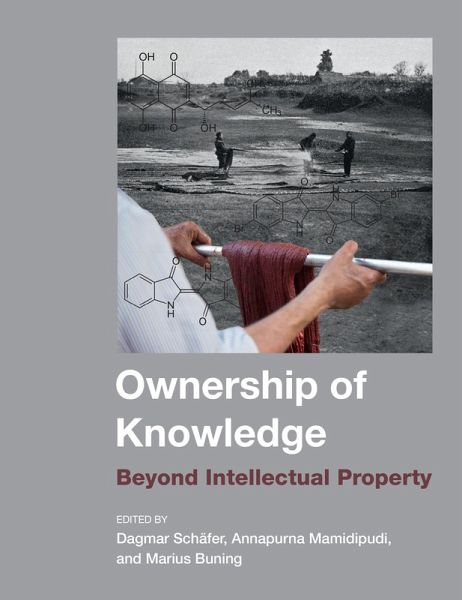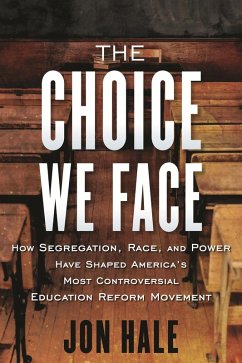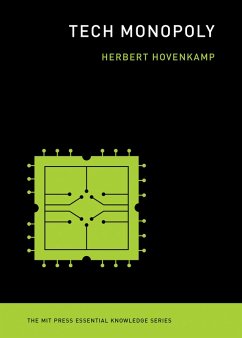
Ownership of Knowledge (eBook, ePUB)
Beyond Intellectual Property
Redaktion: Schafer, Dagmar; Buning, Marius; Mamidipudi, Annapurna
Versandkostenfrei!
Sofort per Download lieferbar
36,95 €
inkl. MwSt.
Weitere Ausgaben:

PAYBACK Punkte
18 °P sammeln!
A framework for knowledge ownership that challenges the mechanisms of inequality in modern society. Scholars of science, technology, medicine, and law have all tended to emphasize knowledge as the sum of human understanding, and its ownership as possession by law. Breaking with traditional discourse on knowledge property as something that concerns mainly words and intellectual history, or science and law, Dagmar Schäfer, Annapurna Mamidipudi, and Marius Buning propose technology as a central heuristic for studying the many implications of knowledge ownership. Toward this end, they focus on th...
A framework for knowledge ownership that challenges the mechanisms of inequality in modern society. Scholars of science, technology, medicine, and law have all tended to emphasize knowledge as the sum of human understanding, and its ownership as possession by law. Breaking with traditional discourse on knowledge property as something that concerns mainly words and intellectual history, or science and law, Dagmar Schäfer, Annapurna Mamidipudi, and Marius Buning propose technology as a central heuristic for studying the many implications of knowledge ownership. Toward this end, they focus on the notions of knowledge and ownership in courtrooms, workshops, policy, and research practices, while also shedding light on scholarship itself as a powerful tool for making explicit the politics inherent in knowledge practices and social order. The book presents case studies showing how diverse knowledge economies are created and how inequalities arise from them. Unlike scholars who have fragmented this discourse across the disciplines of anthropology, sociology, and history, the editors highlight recent developments in the emerging field of the global history of knowledge-as science, as economy, and as culture. The case studies reveal how notions of knowing and owning emerge because they reciprocally produce and determine each other's limits and possibilities; that is, how we know inevitably affects how we can own what we know; and how we own always impacts how and what we are able to know. Contributors Dagmar Schäfer, Annapurna Mamidipudi, Cynthia Brokaw, Marius Buning, Viren Murthy, Marjolijn Bol, Amy E. Slaton, James Leach, Myles W. Jackson, Lissant Bolton, Vivek S. Oak, Jörn Oeder
Dieser Download kann aus rechtlichen Gründen nur mit Rechnungsadresse in A, B, BG, CY, CZ, D, DK, EW, E, FIN, F, GR, HR, H, IRL, I, LT, L, LR, M, NL, PL, P, R, S, SLO, SK ausgeliefert werden.













